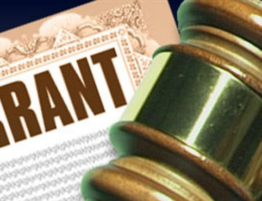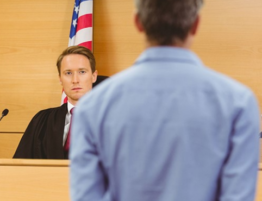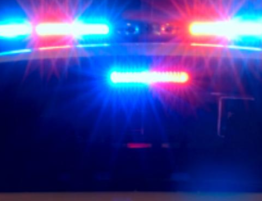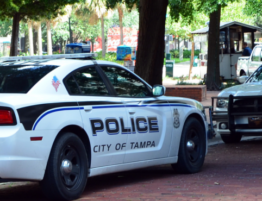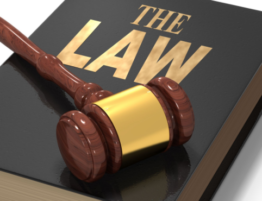
DUI Defense Lawyer: Take A Breathalyzer Even If You’ve Been Drinking
So you decide to drive home after a few drinks. All of a sudden, panic strikes when blue and red lights appear in your rearview mirror.
Getting pulled over is a scary ordeal — even if you haven’t had a sip of alcohol. And if you have, a big decision awaits you: whether or not to take a breathalyzer.
We asked Scott Boardman, Tampa DUI lawyer, what to do when facing the threat of a driving under the influence (DUI) charge.
“Technically, you can refuse a breathalyzer, but it’s not going to help you,” he said.
Florida has something called, “implied consent,” Boardman said. By getting your license, you also agree to take a breathalyzer upon request. And if you turn it down, Florida imposes a separate penalty where you’ll lose your license for a period of time anyway.
In Florida, for example, the punishment for refusing a breathalyzer is just as harsh as actually driving drunk, according to Boardman. (When you refuse a breathalyzer for the first time in the Sunshine State your license can get suspended for a whole year.)
And just because you refused the breathalyzer doesn’t mean you successfully avoided a charge. “There are lots of ways a cop can come to the conclusion that you’re drunk,” Boardman explained.
For example, an officer could testify in court that he or she smelled “alcoholic beverage” (since alcohol doesn’t have a scent) in the vehicle or that the driver failed a number of field sobriety tests, like walking a straight line or reciting the alphabet.
Technically, the apparatus you blow into on the side of the road isn’t even a breathalyzer. It’s an alco-sensor, according to Boardman, which gives the officer a “loose reading” of your blood alcohol content (BAC). That signals to the officer whether you’re within a range that requires going back to the station for a true breathalyzer, which usually occurs in a room with cameras. Your true BAC could increase or decrease by then.
These alco-sensors can malfunction. If you take the test, “you’ll give your lawyer something to work with — maybe he can prove the machine wasn’t working properly or the cop didn’t administer it properly on the scene,” Boardman said. And you might not even blow above the legal limit. You’ll never know unless you try.
There’s only one instance where you shouldn’t take a breathalyzer — “if you’re completely and entirely intoxicated,” Boardman said. Some states include a drunk driving provision called “aggravated DUI,” when you blow .18 or above, which is more than two times the legal limit. Serious penalties accompany aggravated DUI.
Otherwise, take the breathalyzer.

